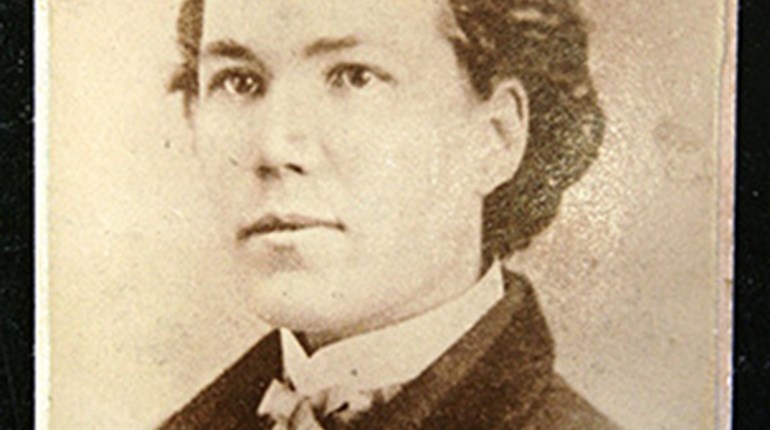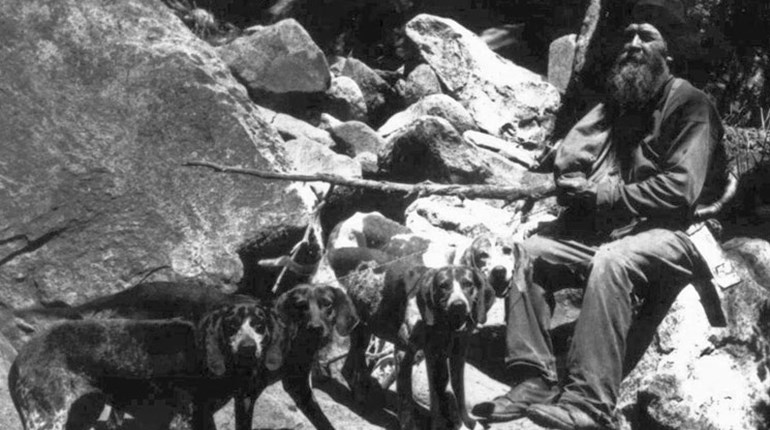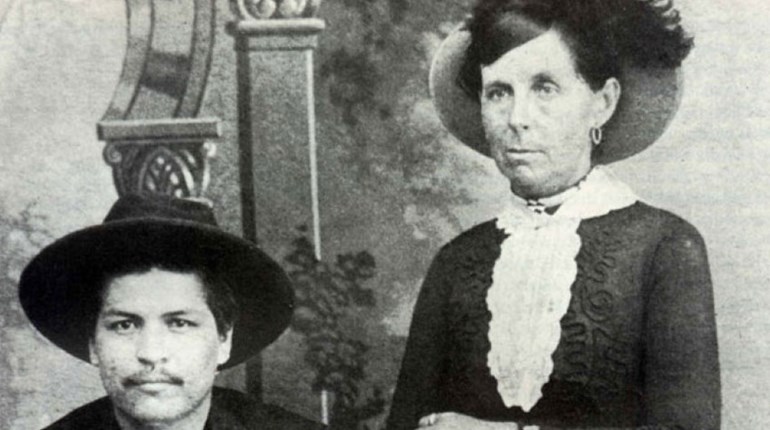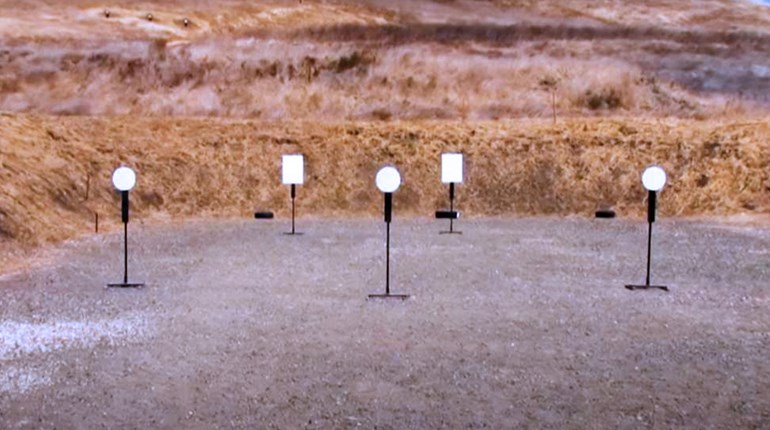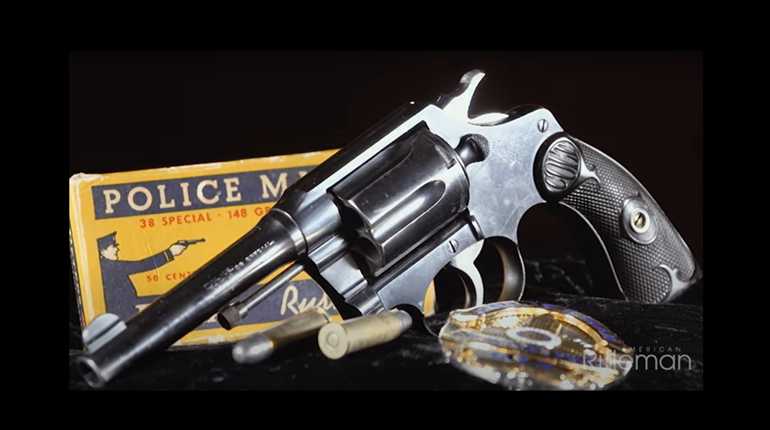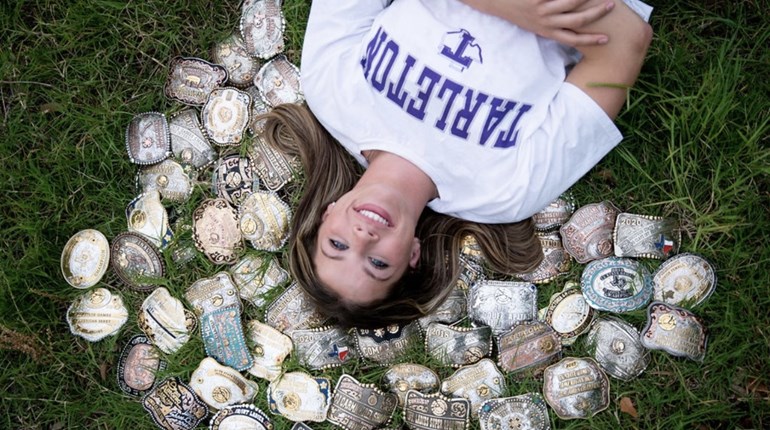
 “It's so much fun! It doesn't seem like work,” says Katie Gorecki of her very cool job. Gorecki breeds and sells English springer spaniels.
“It's so much fun! It doesn't seem like work,” says Katie Gorecki of her very cool job. Gorecki breeds and sells English springer spaniels.
Actually there are two different varieties of English springer spaniels: those bred for hunting, or field bred, and those bred for show, or bench bred. The difference is significant.
Field-bred spaniels generally have more white on their coat and are usually more freckled, or ticked, than the bench-bred variety. Their coat is not as full, and therefore not as inclined to get tangled up with burrs and leaves. Their tail is docked longer and left flagged on the end because hunting dogs communicate with their handlers with their tails. Field-bred dogs tend to be more active, and their body type is less uniform than those destined for the show ring.
As you might expect, since Gorecki loves to hunt, her dogs are field bred.
Becoming a Breeder
Gorecki grew up with springer spaniels. “They are the most animated, companionable, loyal dogs you can find,” she says. So it wasn't any surprise that she missed her canine friends when she went off to college-which is why an 18-year-old Gorecki bought a Springer spaniel puppy and smuggled it into her college dorm room during the summer of her sophomore year. It was to be the start of her career as a dog breeder and trainer.
Today, she and her husband Tim own 12 adult springers and breed two to three litters a year. In addition, she enjoys training dogs and entering them in field trials, taking pride in their hunting abilities and in the ribbons they bring home.
Gorecki's evolution to breeder took place over time. “I was a pre-med major,” she says, “and I've always been interested in science.” So she bought a book on breeding, talked to other breeders and learned about the process, including the importance of genetic testing so puppies are born healthy. Only then did she start breeding.
Living with Puppies
The first thing you should know about Gorecki is that she names all the puppies she breeds-no “girl number one” or “boy with purple collar” for her. “I name each puppy the second it is born and write about it in a book,” she explains. Here, she records each puppy's personality, gender, its growth and such things as how it responds to puppy hunting training. She uses the records help match puppies and owners. She also blogs about the puppies and posts videos on her website, and she keeps track of what happens to her puppies after they go to their new homes.
“I love puppies,” says Gorecki, sounding positively delighted. “I love having puppies.” And, she adds, “It's neat to be there when a new puppy goes to its new home and gets its new family.”
Make no mistake, being a breeder involves a lot of time if you want to do it right. “Harvest Hunter puppies are raised in our home,” says Gorecki.
In addition to feeding puppies, they must be played with so that they learn how to be with people. It's called socialization, and it takes place many times a day-every day. Puppies that are bred to be hunters must get used to the water, too. Depending on the season, that can mean starting with a wading pool in the back yard or the bathtub in the house, then graduating to a swim at the lake.
By the time they are four weeks old, Gorecki introduces the puppies to pheasant wings. Around five weeks, she starts retrieving activities with them, which continue until they go to their new homes at about eight weeks or so.
Once the puppies are eating solid food, Gorecki and her husband start on potty training. They go out every two hours, when they wake up, and after eating or drinking. This is a huge commitment but, says Gorecki, “by the time they leave here, they are 85- or 90-percent potty trained.”
Then there are trips to the veterinarian to get tails docked, dewclaws removed, shots and de-worming.
Leading the Pack
Of course, the adult dogs need attention, too. Since Gorecki and her dogs go to field trials, training goes on year round. But Gorecki wouldn't have it any other way. “I love to hunt and train dogs,” she says.
In talking to Gorecki, there are a lot of things she loves about her puppies, her dogs and dog breeding. But is there one favorite thing about her job? Gorecki immediately comes up with not one, but two answers. “When the puppies are born and you get to be there and see them come into the world. They're so precious,” she says. “And my next favorite is when I've been training a dog and they bring back their first shot bird.”
 She has to think a little harder to find her least favorite. It's when she has to reprimand a dog or puppy because it's done something it shouldn't have-like eating a CD. “I don't like to disappoint them at all,” she says with a laugh.
She has to think a little harder to find her least favorite. It's when she has to reprimand a dog or puppy because it's done something it shouldn't have-like eating a CD. “I don't like to disappoint them at all,” she says with a laugh.
On the other hand, says Gorecki, it's often enough just to give a misbehaving animal a look. Springers are known to be easy to train. “They're very eager-to-please dogs,” she says.
Loving Life
For Katie Gorecki, being a hunting dog breeder is just about the coolest job there is. “It's not about the money,” she says. “It's about having a positive experience.”
Apparently that positive experience extends to her customers, some of whom have returned to Gorecki for their second and third puppies.
If you're consumed with a love of all things dog, then maybe being a hunting dog breeder is the cool job for you, too. Have you figured out your favorite breed yet?
For more information about Katie Gorecki or about Harvest Hunters English Springer Spaniels, see www.harvesthunters.com.
What You Can Do Now?
Gorecki advises the following if you think you might be interested in a career as a dog breeder:- Read about dogs and the different breeds of dogs.- Talk to breeders about the breed you like most and, if possible, buy a puppy.- Work with the dog to find out what it likes and doesn't like and what kind of training works and doesn't work.- Once you have your dog, hang out with pros and breeders. You want to immerse yourself in the breed.- Go to dog events: field trials, shows and training events. The Internet is a great tool to find out about what's coming up.- Learn as much as you can about breeding before you get into it. Then breed every year.













